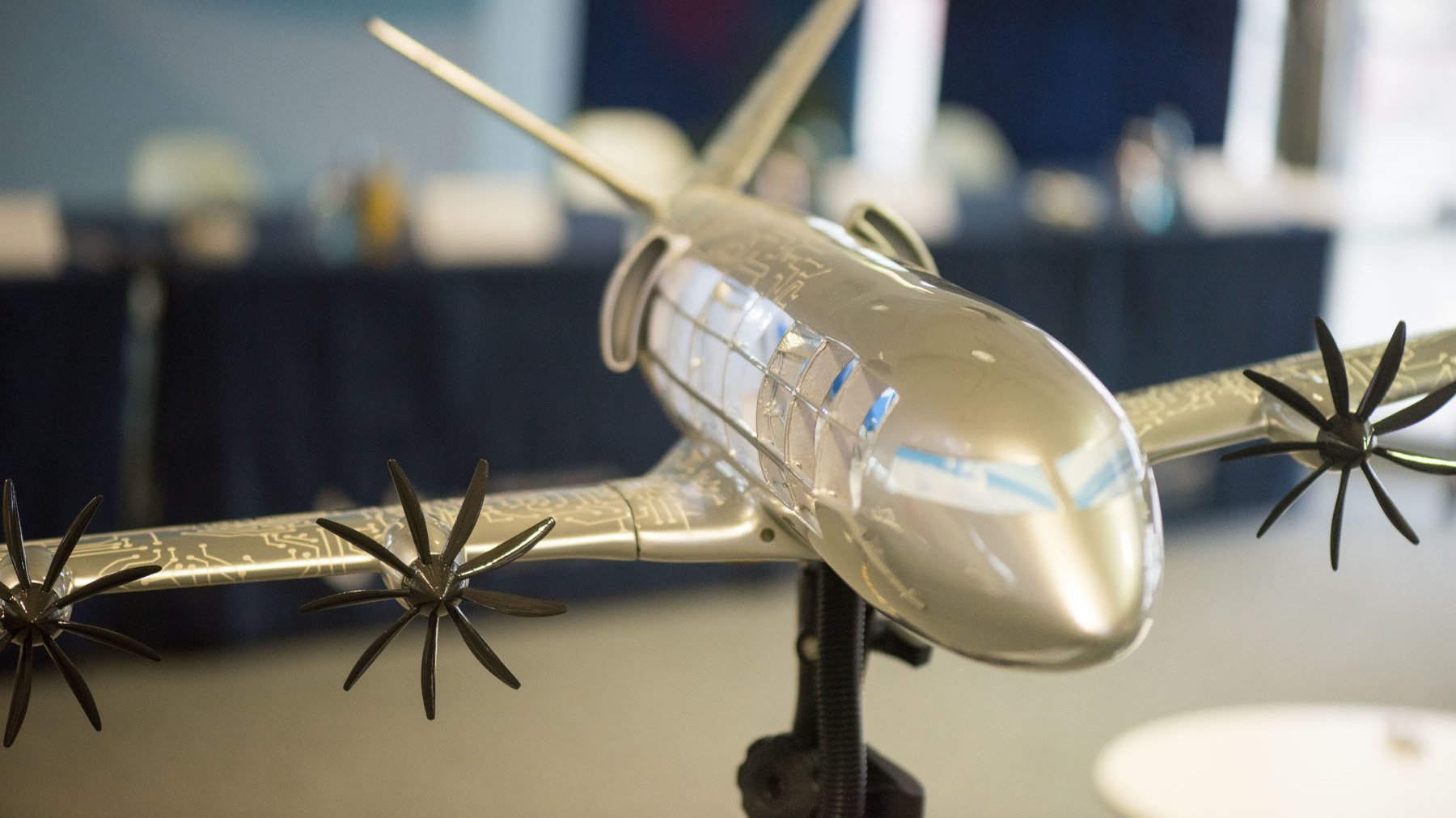
Description
Alternative propulsion systems are essential for emission reduction as they offer a pathway to cleaner, more sustainable transportation, addressing both local air quality concerns and global climate change challenges. Hybrid Electric Propulsion Technology brings a promising solution toward decarbonization of the transport sector and emission-free mobility.
The Hybrid Electric Propulsion Technology master study program is designed for the first time at BTU to provide a comprehensive understanding of this interdisciplinary field, covering aspects from mechanical engineering to electrical and control engineering. The program's primary goal is to impart knowledge and expertise in Hybrid Electric Propulsion Technology, focusing on system design, analysis, and effective problem-solving. It aims to equip the young generation with the necessary skills to make significant contributions to the field by delivering the essential knowledge and capabilities for Hybrid Electric Propulsion Technology in aviation.
Within the study program, after gaining knowledge on general topics related to mechanical and electrical engineering, the students can choose between the two main directions of Propulsion engine technology, and Electric engine technology. The graduates will be able to work in different fields related to sustainable mobility worldwide such as academic and industrial research and development, design and manufacturing industries, and planning and policy-making organizations
Professional Fields of Activity
The interdisciplinary subject content of the Programme qualifies graduates for a professional career
- in the expanding industry for hybrid drive technology in the fields of air, road and sea transportation from small to large companies as well as for self-employed work in these fields,
- in the areas of system design, analysis, optimization and construction in the design and manufacturing industry,
- in research and development at universities and research institutions,
- in the industrial research and development at private companies,
- in planning and policy-making organizations,
- in various areas of sustainable mobility worldwide.
Applications and Admissions
Admissions Requirements
- Bachelor's degree in engineering, preferably in the fields of mechanical engineering, aerospace engineering, electrical engineering, energy engineering and in related courses of study
- Proof of English language proficiency (Information sheet)
- TOEFL (min. 550 points, 213 points computer based, internet based 79 points)
- IELTS (min. 6.0)
- Cambridge Certificate in Advanced English (min. B)
- Cambridge Certificate of Proficiency in English (min. C)
- UniCert (Stufe II)
- Exempted from this: Australia, Canada, Ireland, New Zealand, Great Britain, USA or a first degree in English from one of the above mentioned countries or from Germany.
- For applicants from Germany: As a rule, the Abitur serves as proof of sufficient English language proficiency.

